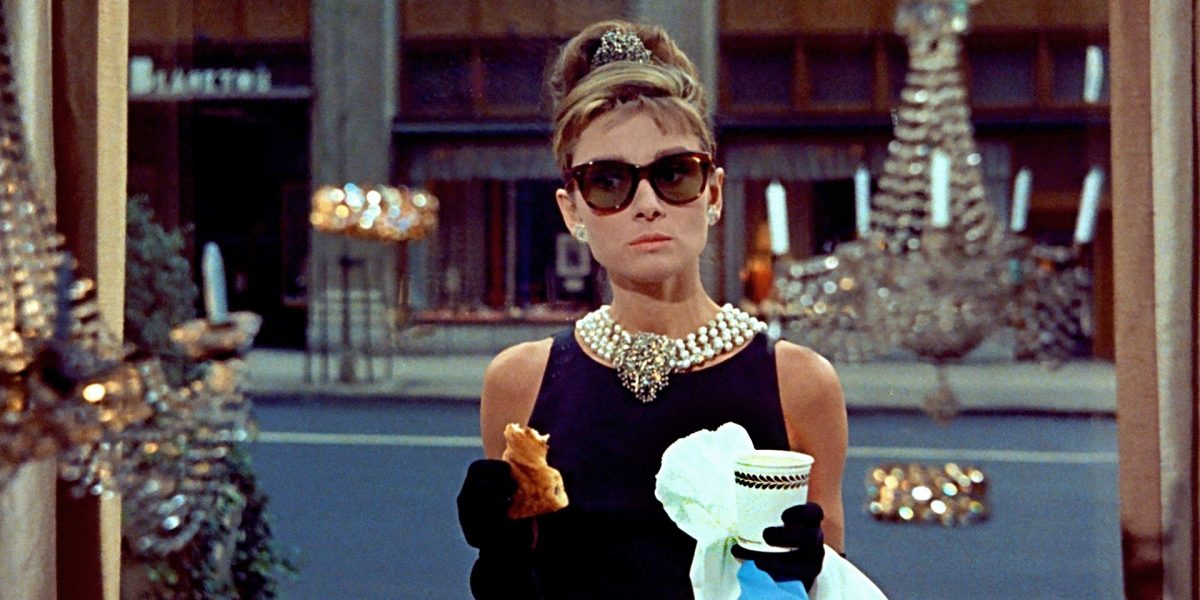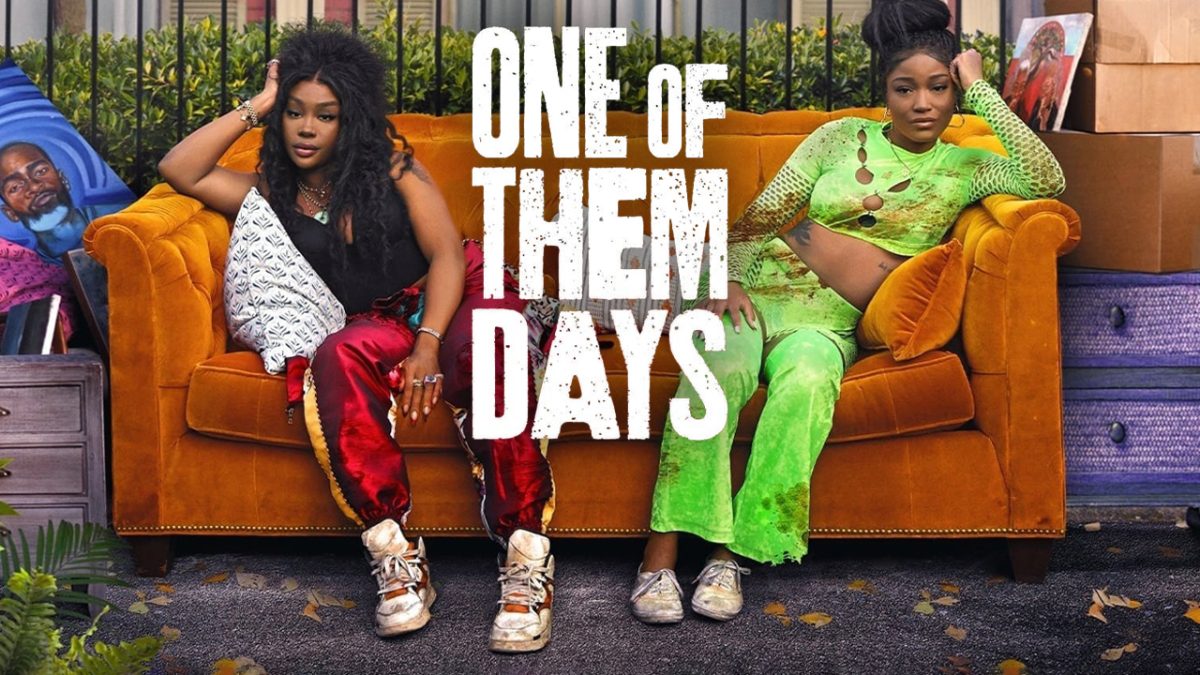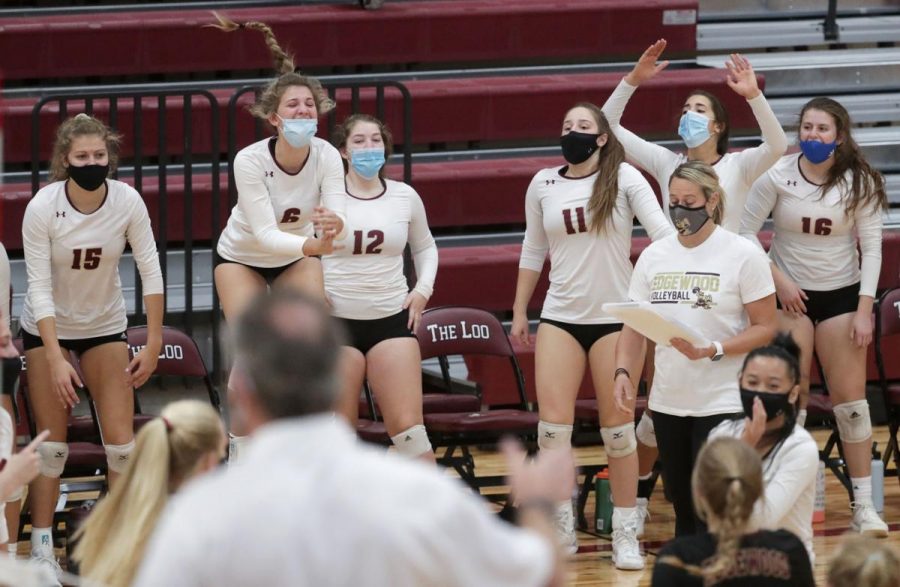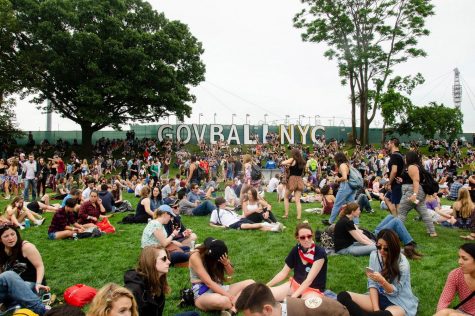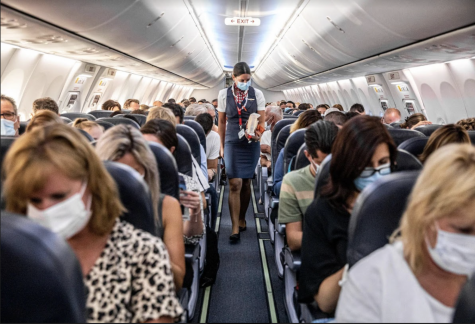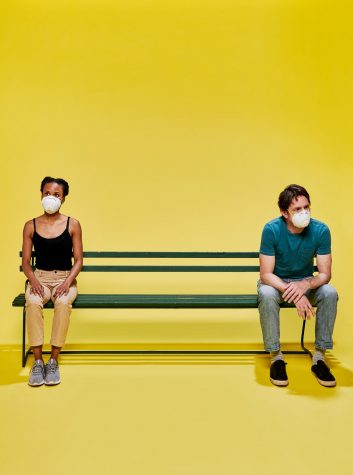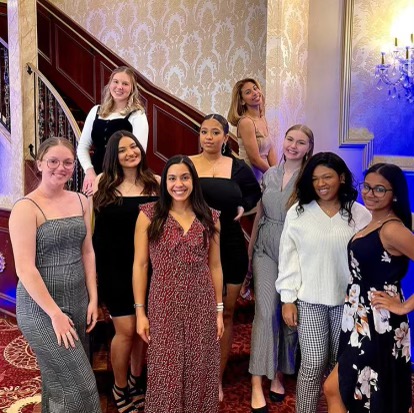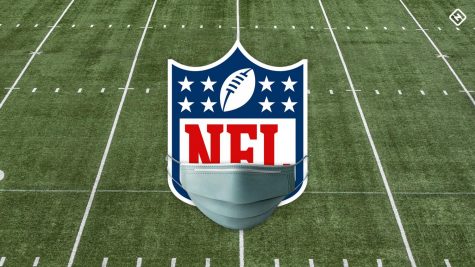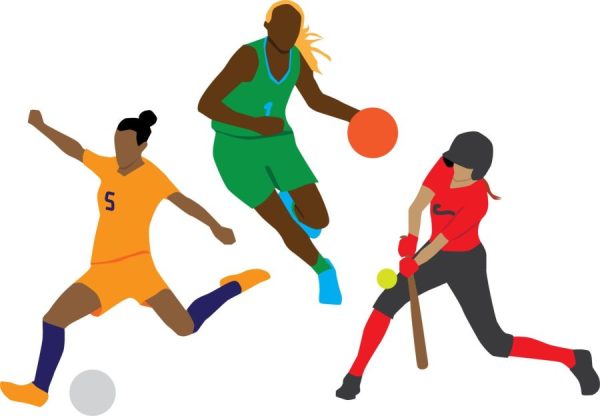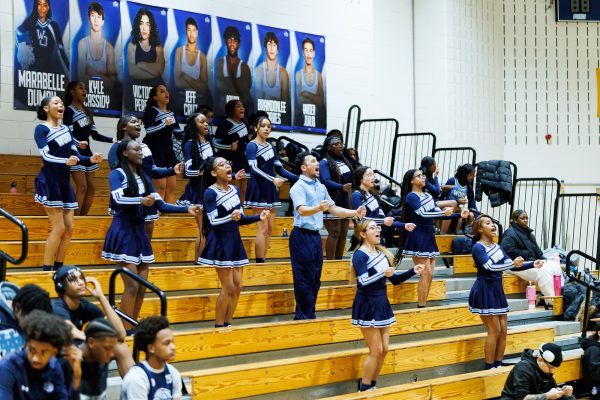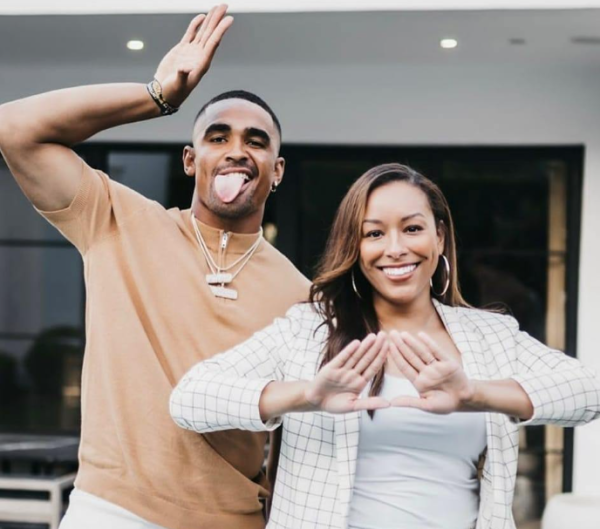The Mental Impact of Not Playing Sports
When the world shut down due to the COVID-19 pandemic, many people lost their jobs, money, and family members. From the start, it was evident that it was not a joke, and it was seriously affecting the entire world in major ways. Nine months later, we are still wearing masks, social distancing, and maintaining small social gatherings. In just a few months, we will all be lining up to receive the COVID vaccine, which will hopefully help us get back to “normal”. But, what even is normal anymore? Approximately, 320,000 people have died after testing positive, and there has been a total of 18.1 million positive cases thus far.
As an athlete, this pandemic has been a bad experience, but also, an eye-opening one. During this time, I have learned how to maintain my health while having limited resources. It taught me that you really need to be invested and dedicated if you want to play at an elite level. Also, that creativity is key when developing different workouts, meals, and ways to have fun in such a limited environment.
The separation from basketball has been difficult. This year, we will have less time to prepare for games and the practice schedule will definitely be different from previous years. There will be no fans, and the teams will definitely travel with fewer people than in the past.
Mentally, the absence of sports has taken a toll on teenagers around the nation. For student-athletes who have hopes of playing sports in college, this has been hard for the recruiting process. No college coaches are able to come out and watch games in person, so a full-game film and highlight tapes will definitely be important. Also, when activities like practices, games, and team parties are not occurring, it is clear that there is now a decrease in the academic performance of athletes because there is no pressure of doing what you have to do in the classroom in order to play on the field, court, etc. Along with that, the crime rate in young adults has also increased. Sports are a way for young adults to get their mind off of the outside world, as they are therapy for many, including me.
I feel as though we are prepared to safely participate and play sports. Through this difficult time, we will succeed and come out stronger than ever before.













































